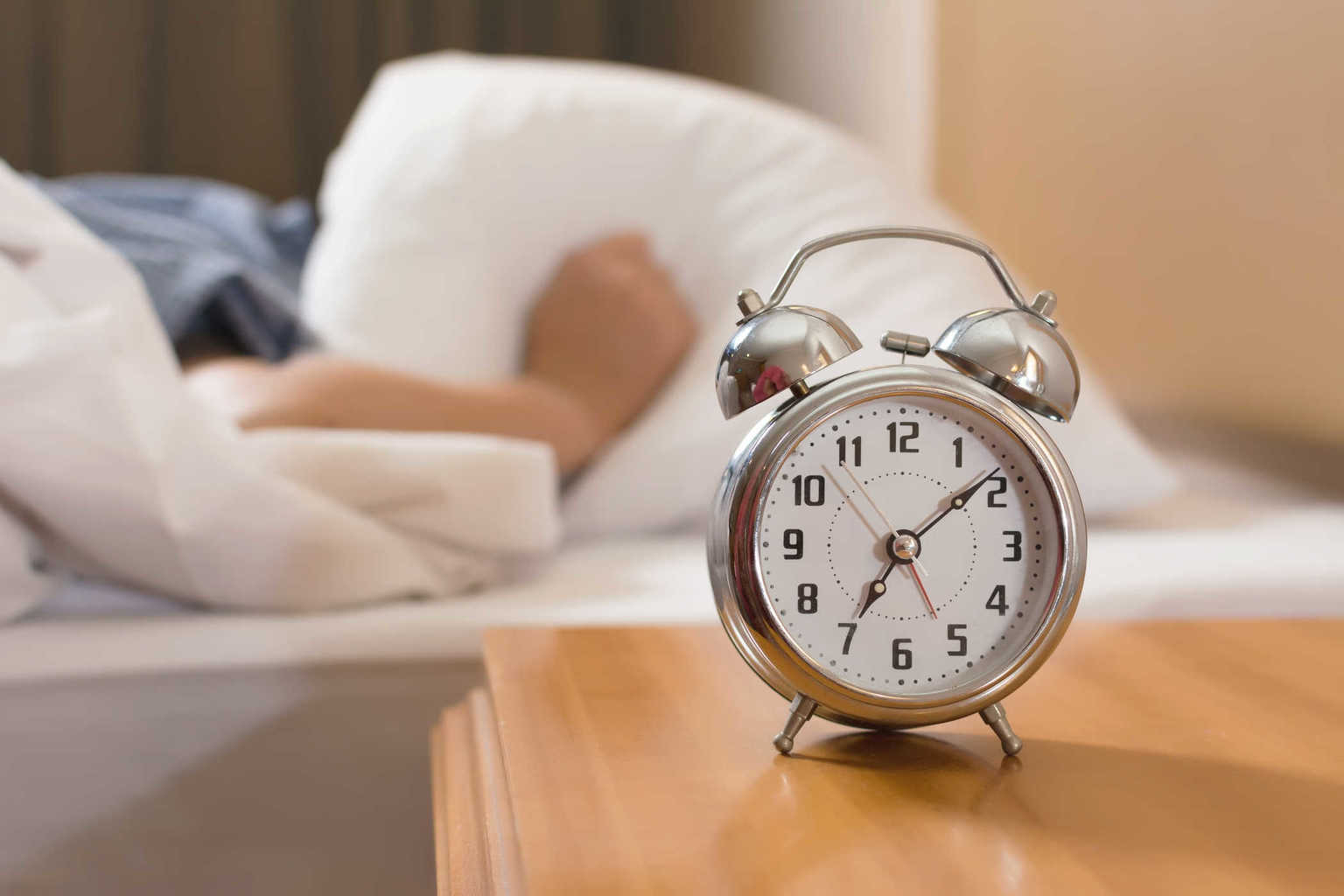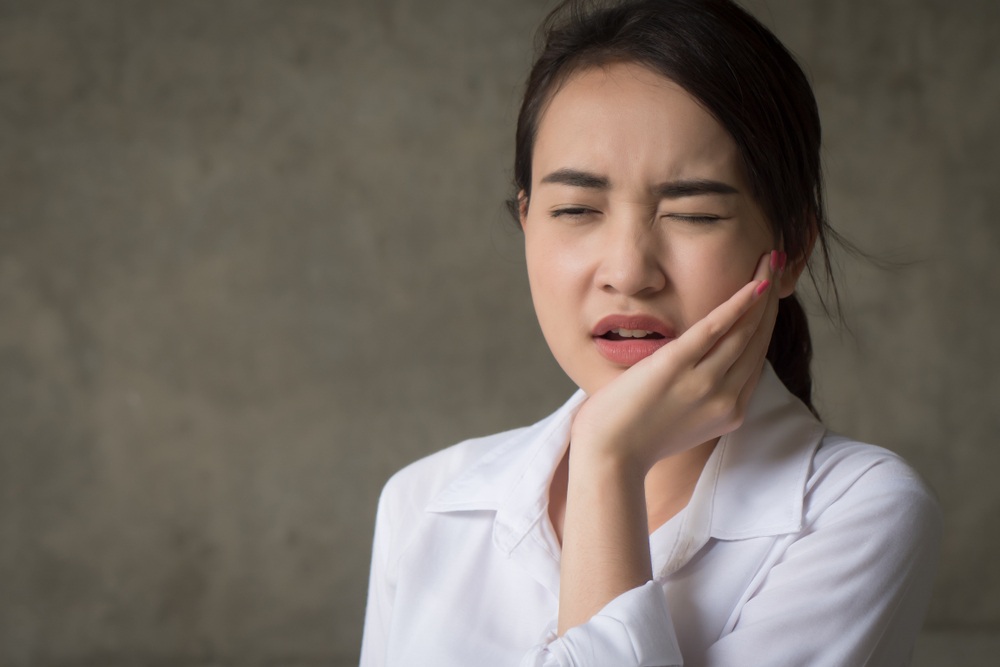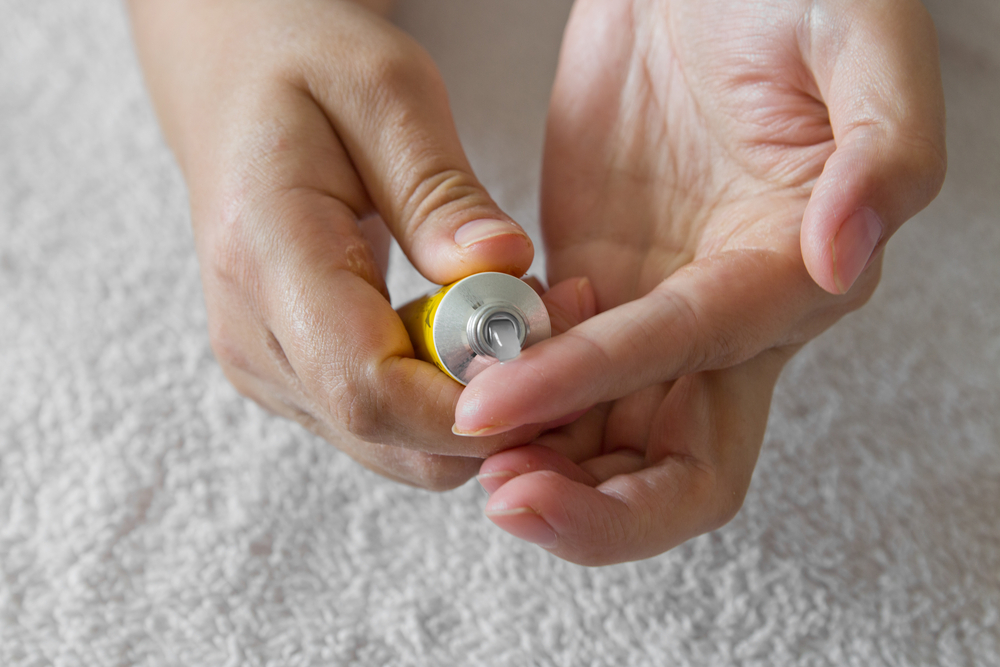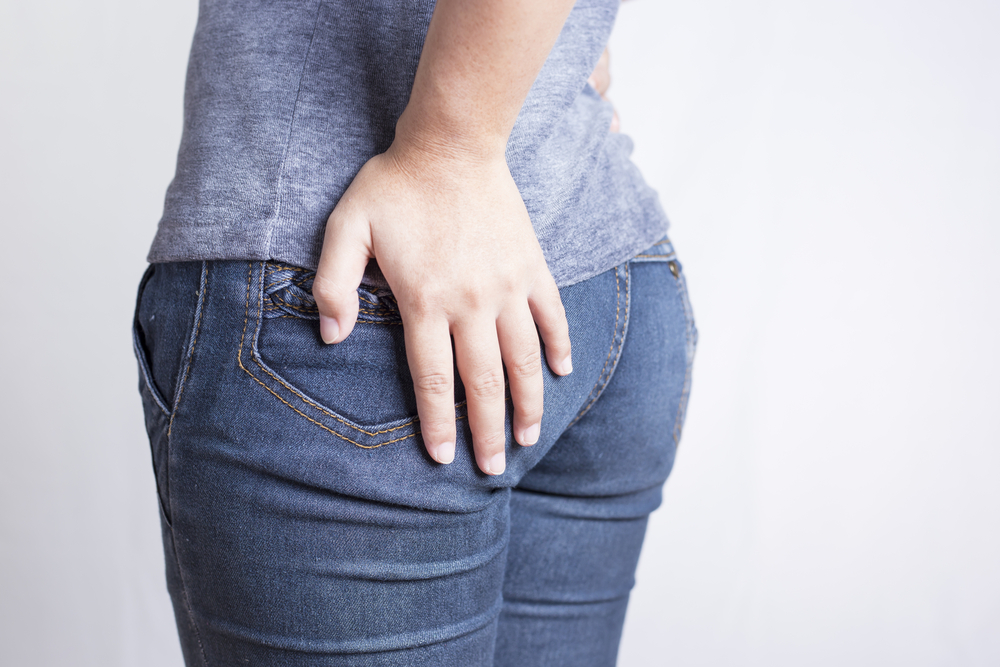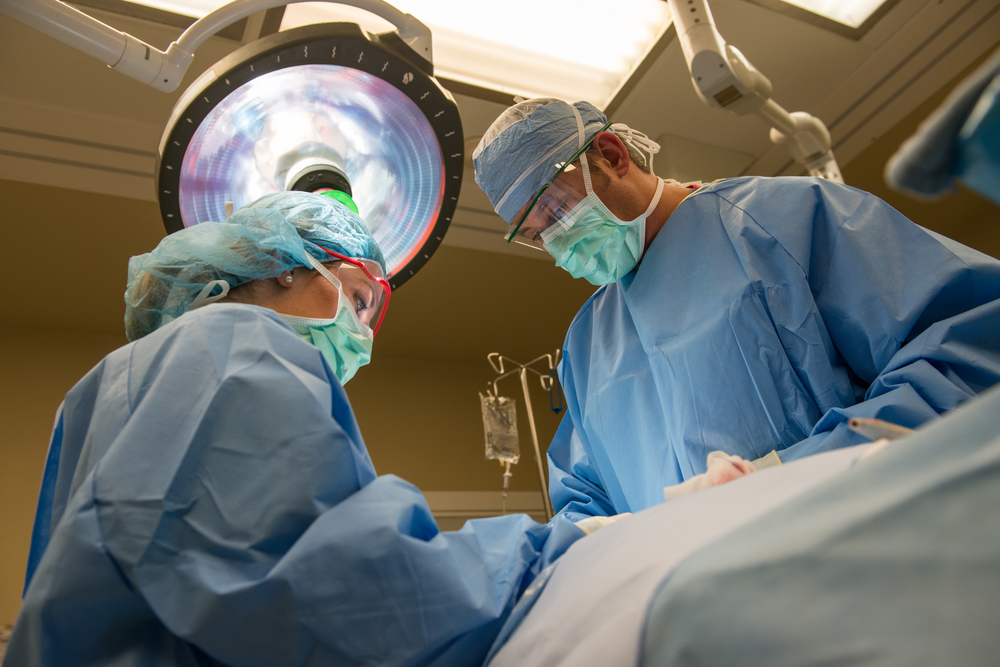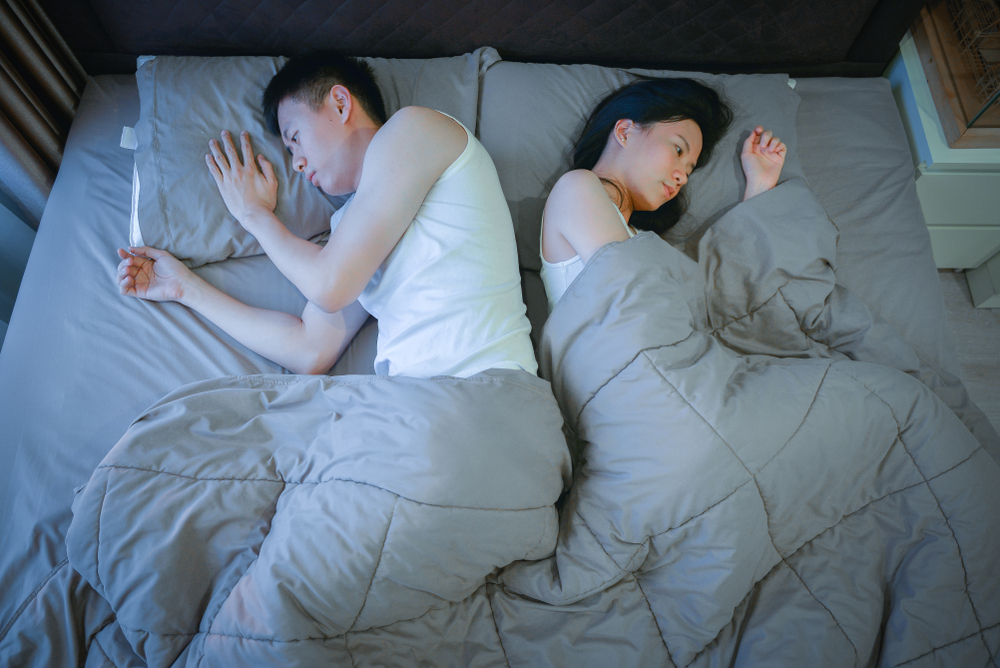Contents:
Medical Video: M3 Smart Band Quick setup LEFUN Health and Feature review
Who doesn't like to sleep? For many people, an alarm is needed to ensure the body can be awake and sleep well and calm. Without an alarm, we might go too far and just wake up when we have slept ten hours nonstop.
But did you know that a loud, thunderous alarm sound will shock your body that isn't ready to move from sleep, and send the sensation of adrenaline pumping all over your body? Sudden release of adrenaline can harm your heart; increases blood pressure and speeds up the heart rate, as concluded by National Institute of Industrial Health of Japan. For people who are overweight, constantly anxiously awaiting the arrival of an alarm during sleep and also lack of sleep, however small the stimulation they get, can still trigger a heart attack.
But I'm healthy, so can I still use an alarm?
A healthy body is no exception. If you depend on an alarm to wake you up every morning, it's likely that you don't get enough rest, which is around 7-9 hours per day. Sleep deprivation from the recommended time is twice the risk of a heart attack. Researchers from Germany revealed that, after conducting a study of 5,600 patients with heart disease, there was an increased risk of heart attack every Monday, compared to other days.
The researchers also found that over the past ten years, people tended to sleep more late than usual, but waking up at the same time of day, causing us to lose about 40 minutes of sleep during workdays. We also spend more time outside activities, which also become one of the factors causing our biological sleep hours to change.
Many people recommend to sleep at least 7 hours a day, but very dense daily activities often require us to "steal" sleep. It is the body's need for sleep versus the need to go through life that often conflicts with one another, and causes irregular sleep patterns.
The relationship between being overweight and lack of sleep is actually not only based on how much sleep you get, but more on the body's biological clock that falls apart due to a messy sleep pattern.
Our daily life is governed by two main phenomena, which occur naturally: the internal circadian clock of the body, and the rotation of the earth. The center of the human body's biological clock is located in a nerve bundle called suprachiasmatic nucleus, in the hypothalamus of the brain. This central clock acts as a trigger for the heart, synchronizing other "clocks" that scientists believe are found throughout the body. This circadian clock system controls various bodily functions, including hormone secretion, body temperature, and blood pressure. This circadian clock also functions as a regulator of daily organ activities.
The body's circadian clock willreset reset automatically every day to still be able to operate in a 24 hour cycle. This rearrangement occurs when the body is exposed to morning sun and darkness at night. Signals from the brain will be received by the body's optic nerve to re-regulate the body's biological clock.
Sleep is often considered a luxury. But the researchers revealed that people who sleep less than the recommended time will not work efficiently during the morning and afternoon, thus creating an unhealthy cycle: working late and sleeping less. Sleep is often regarded as laziness, whereas on the contrary, sleep prepares us to be active.
I can't live without an alarm, how to work around this?
According to some studies, the way we set alarms does not match what the body really needs, but rather when we need to wake up. If your alarm suddenly sounds in the middle of your natural sleep cycle, you may feel very tired throughout the day, regardless of how long you have slept.
Your sleep cycle lasts up to 90 minutes, which consists of 4 stages. The third to fourth stage is your most sleepy period, where body temperature, heart rate, energy released, and breathing rate are all low and stable. According to the journal of the American Medical Association, getting up early, especially in the late stages of sleep, can cause momentary memory loss and obstacles to cognitive abilities.
Some researchers suggest setting the alarm time at least 7.5 - 9 hours after you fall asleep, if you can. If not possible, set an alarm after you have slept for 6 hours is sufficient, because you will wake up in the early stages of the sleep cycle, compared to having to wake up in the middle of your REM (rapid eye movement) period. But don't worry, this rule is only made in outline. Every human body has a different biorhythms.
READ ALSO:
- Tips for Wake Up Morning Spirit
- 5 Foods You Should Avoid At Breakfast
- Too Long Napping Triggers Heart Disease and Diabetes

